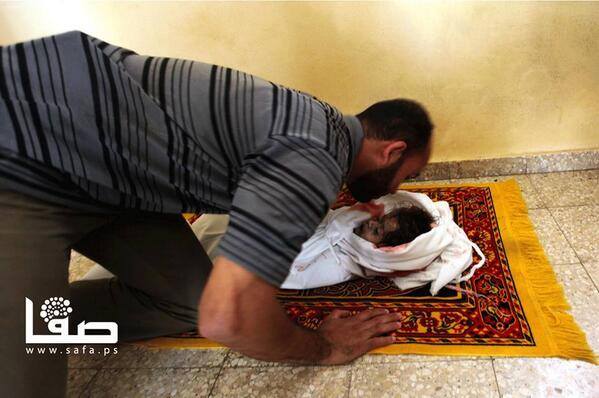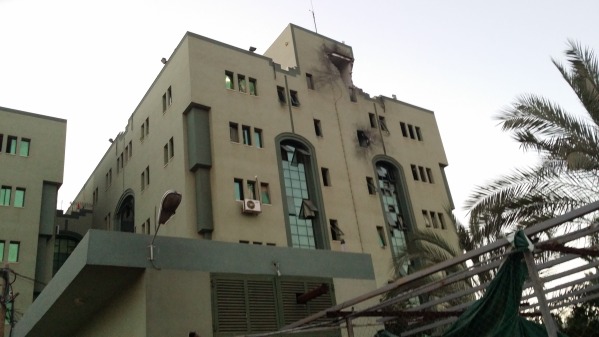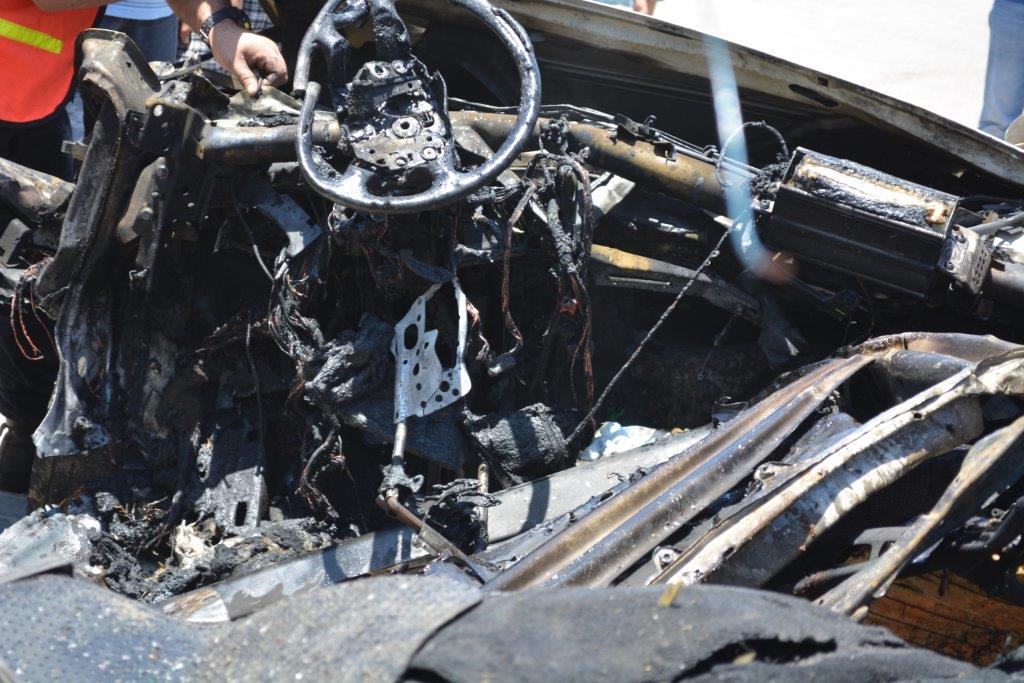Tag: Air Strike
-
Urgent call from Gaza civil society: act now!
13th July 2014 | Gaza Civil Society, originally published here | Gaza, Occupied Palestine We, Palestinians trapped inside the bloodied and besieged Gaza Strip, call on conscientious people all over the world, to act, protest, and intensify the boycotts, divestments and sanctions against Israel until it ends this murderous attack on our people and is held to…
-
International activists remain in Gaza hospital threatened by Israeli missiles
11th July 2014 | International Solidarity Movement| Gaza, Occupied Palestine Israel’s army fired four ‘warning’ missiles at the roof of El-Wafa rehabilitation hospital in Gaza City, Gaza. International volunteers now staying in the hospital in solidarity, have said they, “can hear missiles falling close by”. “The civilian population of Gaza is being bombed. We will stay…
-
Gaza report: Death and destruction
11th July 2014 | International Solidarity Movement, Charlie Andreasson | Gaza, Occupied Palestine We managed to get a lift in an armoured Land Rover belonging to French journalists, and at crazy speed we went through intersections with only the cat horn as protection. The goal was Jabalya refugee camp and the latest targeting killing using…



